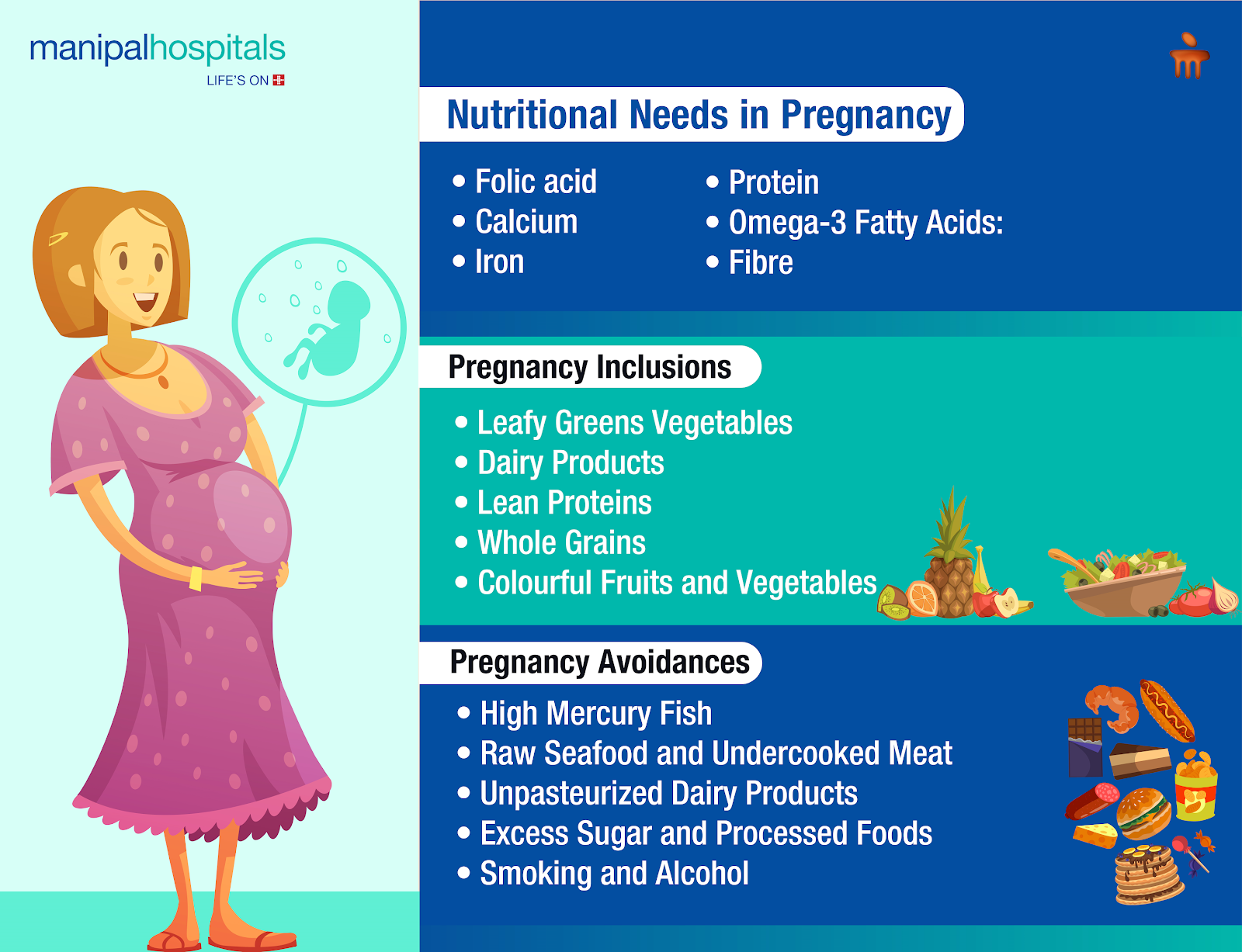
Pregnancy is an incredible journey, a time of profound transformation, and a momentous event for both mothers and their families. Expectant mothers embark on a nine-month voyage, nurturing a new life within them. This remarkable phase symbolises hope, love, and anticipation. To ensure a healthy and happy pregnancy, families and mothers-to-be prioritize every possible precaution and care. One of the most crucial aspects of this journey is nutrition, as the food choices made during pregnancy can significantly impact the health and well-being of the newborn.
Pregnancy Diet: Why Is It Important?
A well-balanced pregnancy diet is vital for several reasons. First and foremost, it directly affects the health and development of the growing foetus. Proper nutrition ensures the baby receives essential nutrients for optimal growth, reducing the risk of birth defects and complications. Furthermore, a balanced diet helps expectant mothers maintain their health, supporting their physical and emotional well-being during this transformative period.
Increased Nutritional Needs: What and How Much to Consume during Pregnancy
During pregnancy, the body requires increased amounts of specific nutrients to support the growing baby. These include:
-
Folic Acid: A nutrient found in leafy greens, citrus fruits, and fortified cereals that is essential for neural tube development.
-
Calcium: Important for bone development, found in dairy products, tofu, and almonds.
-
Iron: Vital for oxygen transport, found in lean meats, beans, and fortified cereals.
-
Protein: Required for tissue growth, found in lean meats, eggs, and legumes.
-
Omega-3 Fatty Acids: Promote brain and vision development, found in fatty fish like salmon and walnuts.
-
Fibre: Aids digestion and prevents constipation, found in whole grains, fruits, and vegetables.
It's crucial to consult with a healthcare provider to determine the exact dietary needs based on individual factors such as age, weight, and any existing health conditions. Consult the best dietetics clinic in Kolkata for more information.
More Eating Tips during Pregnancy
1. Varied Diet: Aim for a diverse range of foods to ensure you receive a broad spectrum of nutrients.
2. Regular Meals: Eat small, frequent meals to maintain steady blood sugar levels and alleviate nausea.
3. Hydration: Stay well-hydrated to support the increased blood volume and amniotic fluid.
4. Limit Caffeine and Avoid Alcohol: Excessive caffeine consumption should be avoided, and alcohol is best abstained from entirely.
5. Supplements: Consider prenatal vitamins to fill potential nutrient gaps in your diet.
Healthy Weight Gain during Pregnancy
Pregnancy is not a time for dieting, but rather for ensuring adequate weight gain. According to pre-pregnancy weight, the recommended weight gain varies:
-
Underweight: 28-40 pounds
-
Normal weight: 25-35 pounds
-
Overweight: 15-25 pounds
-
Obese: 11-20 pounds
Your healthcare provider will help you determine the ideal weight gain for your specific situation.
Exercise and Lifestyle Modifications during Pregnancy
Staying active during pregnancy offers numerous benefits, including improved mood, reduced discomfort, and better overall health. Consult your healthcare provider to develop a safe and suitable exercise plan. Additionally, adopt healthy lifestyle modifications such as getting enough sleep and managing stress to promote a positive pregnancy experience.
Inclusions and Food to Avoid during Pregnancy
Inclusions:
-
Leafy Greens Vegetables: This contains folate and iron.
-
Dairy Products: High in calcium.
-
Lean Proteins: Such as chicken, fish, and tofu.
-
Whole Grains: Provide essential fibre.
-
Colourful Fruits and Vegetables: Offer various vitamins and minerals.

Foods and Habits to Avoid during Pregnancy
-
High Mercury Fish: Such as sharks, swordfish, and king mackerel.
-
Raw Seafood and Undercooked Meat: Due to the risk of foodborne illnesses.
-
Unpasteurised Dairy Products: Due to the risk of bacterial infections.
-
Excess Sugar and Processed Foods: Contribute to unnecessary weight gain.
-
Smoking and Alcohol: Harmful to the baby's development.
Pregnancy is a precious and transformative period for all women. Ensuring optimal nutrition is a fundamental aspect of this journey, as it directly impacts the health and well-being of both the mother and the developing baby. By understanding the increased nutritional needs, making wise food choices, maintaining a healthy weight, incorporating regular exercise, and adopting a mindful lifestyle, you can nurture a strong foundation for your baby's well-being. A pregnancy diet is not just about eating for two; it's about eating well for a lifetime of health and happiness. So, embrace this journey with love and nourishment, knowing that you're giving your child the best start in life.
Note: This blog has been written with careful research and attention to detail, but it is essential to consult with a healthcare provider for personalised dietary advice during pregnancy, Manipal Hospitals, Saltlake can help you with this.





















 3 Min Read
3 Min Read


















